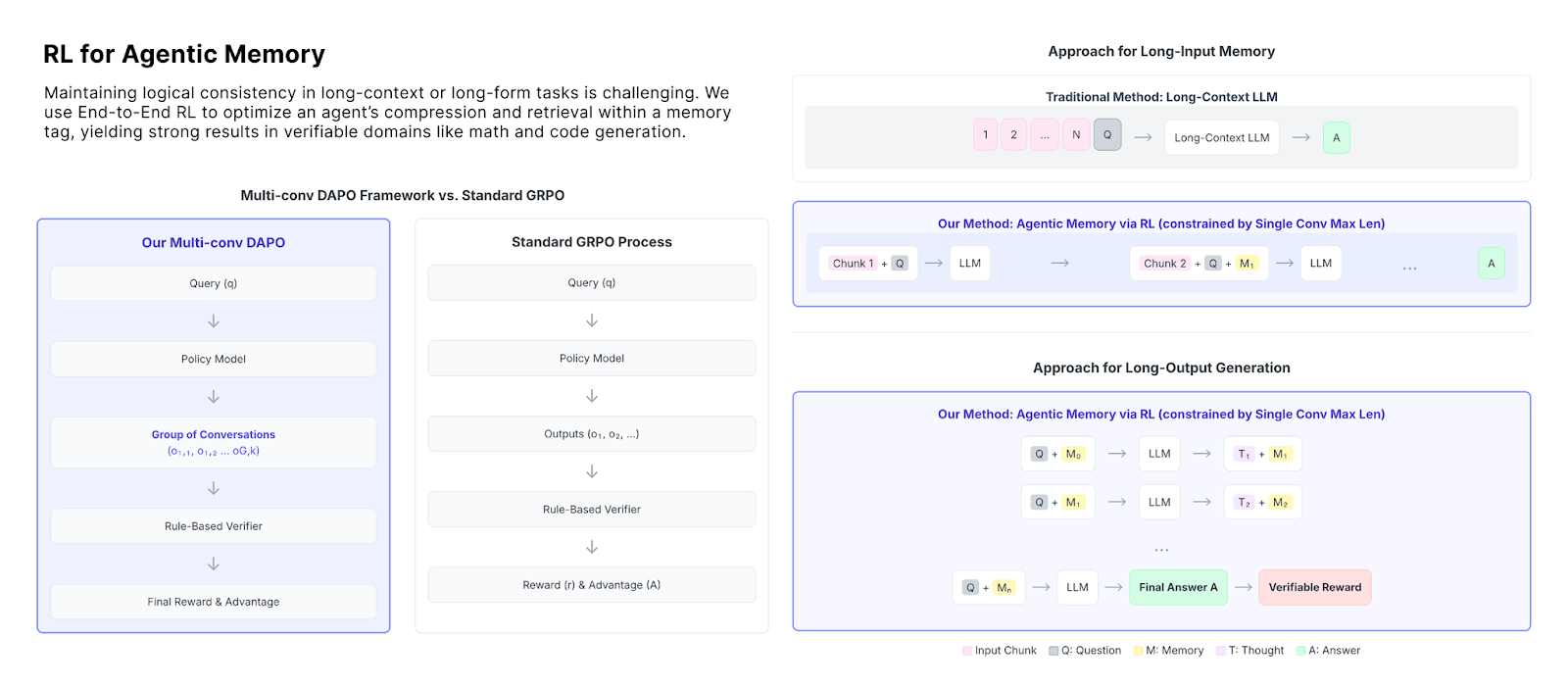From Productivity AI to Personal AI: Macaron AI, the World’s First Personal Agent, Officially Launches, Ushering in the Era of Experience AI
Singapore, Aug. 15, 2025 (GLOBE NEWSWIRE) -- In a bold pivot from the productivity-obsessed AI race, a new entrant is putting life before work. Today marks the launch of Macaron AI, billed as the world’s first Personal Agent AI designed not to crank out office tasks, but to help users live better. It is now officially available in North America (English), Japan (Japanese), and South Korea (Korean) with full registration open from day one. Designed to be far more than a productivity tool, Macaron AI remembers your preferences, experiences, and goals with remarkable accuracy—and can instantly turn everyday conversations into personalized mini-apps that make life easier. Built for personal growth and long-term interaction, it represents a new category of AI: one that truly understands, remembers, and evolves with you. This launch marks a turning point in the AI industry: the beginning of the Era of Experience, where user experience—not efficiency—is the central focus. Macaron is the first real product to embody this shift, setting a new standard for what AI can be in everyday life.
Core Innovation: Deep Memory Meets Scalable Agentic AI
Macaron marks a turning point in the evolution of artificial intelligence, introducing a new agentic memory architecture trained end-to-end through reinforcement learning (RL). This breakthrough allows Macaron to grow with each user over time—retaining personal context, adapting behavior dynamically, and delivering experiences that are genuinely responsive to real lives.

Unlike conventional AI assistants that operate within narrow context windows or rely on static user profiles, Macaron’s Deep Memory system is built to persist, evolve, and self-optimize. At the start of every interaction, a specialized memory token is activated—distinct from standard reasoning tokens—to trigger real-time retrieval, summarization, and contextual updates. This token doesn’t just recall information; it helps the agent determine what to remember, when to update, and how to apply memory, based on learned reward signals. This aligns with the Macaron’s capability of generating custom “mini-apps” on the fly, spin up small, tailored applications or tools for each user.

Macaron is built to evolve uniquely with each user – and these bespoke mini-apps are a prime example. One user’s Macaron might develop into a skilled fitness coach, periodically coding new workout routines; another user might become a travel concierge, whipping up weekend trip itineraries complete with maps and weather info. It’s a far cry from the one-size-fits-all assistants of yesterday. Macaron, in effect, is part memory vault, part coder, part companion – an AI that grows into whatever you need to enrich your life. The output users get from Macaron will not be a simulation of continuity, but actual long-term coherence across sessions and domains. Whether tracking wellness routines, refining communication styles, or building on past goals, Macaron preserves the essence of personal relevance—eliminating the need for chat folders, repeated prompts, or manual context resets.

Crucially, memory in Macaron is not bolted on—it drives the agent’s reasoning and behavior. This tight integration allows the system to move fluidly from conversation to action. Users can make a single request, and Macaron can instantly generate context-specific, executable tools: a fitness tracker tailored to your sleep patterns, a gratitude journal that evolves with your emotional state, or a parenting assistant that crafts bedtime stories based on your child’s daily photos. Every tool is grounded in memory, not templates.
This architecture is the real-world application of foundational research. The memory mechanism powering Macaron was first validated through FireAct—a 2023 study conducted by the Macaron team alongside Karthik Narasimhan (co-author of the original GPT paper) and OpenAI researcher Shunyu Yao. FireAct was the first to empirically prove that agent behavior, fine-tuned through RL on post-hoc trajectories, outperforms prompt-based methods by 77% on complex reasoning tasks. It laid the theoretical and experimental groundwork for the memory-driven agent Macaron has become.
What makes this advancement truly deployable is its unmatched training efficiency. Inspired by the GRPO-based methods pioneered by DeepSeek-R1, Macaron expands the envelope of scalable RL. Its 671B-parameter model was trained using just 48 H100 GPUs—an order-of-magnitude reduction from the 512 GPUs typically required in equivalent setups. This was achieved not by sacrificing performance, but by tightly integrating memory optimization into the RL loop, enabling both agentic memory and scalable behavior learning in tandem.

Together, these innovations establish Macaron not only as a technical milestone, but as the first AI product to fully operationalize lifelong memory and agentic reasoning at scale. It does not imitate intelligence—it earns it through interaction, continuity, and adaptability. For users, this means an AI that doesn't reset with each prompt but remembers, learns, and grows—not just smart, but meaningfully personal.
Download here: https://apps.apple.com/us/app/id6747623785
A New Era: From Chats to Personalized Tool
Macaron AI transforms everyday conversations into powerful, tailor-made mini-apps—bridging the gap between talking about something and actually getting it done. Each interaction is an opportunity to create practical, context-aware tools that adapt to your life, without manual setup or generic templates.
For Example, For plant enthusiasts who struggle to keep track of care routines, Macaron builds a personalized plant management mini-app. A single photo is enough for the agent to identify the plant, determine optimal watering and fertilization schedules, and provide ongoing reminders tailored to the user’s habits.

Wellness-focused users can turn to Macaron for emotional insight. Its daily gratitude journaling tool prompts reflection, tracks mood patterns, and generates summaries to support self-awareness and mental well-being—without the friction of manual setup or external apps.
These scenarios highlight what makes Macaron distinct: it doesn’t offer predefined features—it creates custom, functional tools in response to each individual’s life. Powered by reinforcement learning and deep memory, Macaron continuously adapts, retaining behavioral patterns, preferences, and goals to deliver assistance that is both practical and emotionally resonant.
Unlike productivity-focused agents that emphasize task completion, or demo-based experiences with little real utility, Macaron offers personalized, practical, and ever-evolving solutions that integrate seamlessly into the rhythms of daily life. It represents a new category of AI—one designed not to replace people, but to empower them thoughtfully, personally, and continuously, supporting not only productivity but also personal growth and well-being.
Ushering in the Experience-First Era of AI
Macaron marks the beginning of a new chapter—one where AI is not just efficient, but empathetic; not only smart, but personal. By combining memory, adaptability, and real-world functionality, it introduces a new category: the Personal Agent, built not to replace human agency, but to amplify it.
This is the Era of Experience—where technology supports life as it is lived, with all its nuance, emotion, and unpredictability. Macaron AI is the first real product to make that future accessible, scalable, and deeply human.
The question is no longer how AI can help us work faster—but how it can help us live better. With Macaron, that future is no longer a concept. It’s here.

Kaijie Chen MINDAI PTE. LTD. contact (at) macaron.im
Legal Disclaimer:
EIN Presswire provides this news content "as is" without warranty of any kind. We do not accept any responsibility or liability for the accuracy, content, images, videos, licenses, completeness, legality, or reliability of the information contained in this article. If you have any complaints or copyright issues related to this article, kindly contact the author above.

